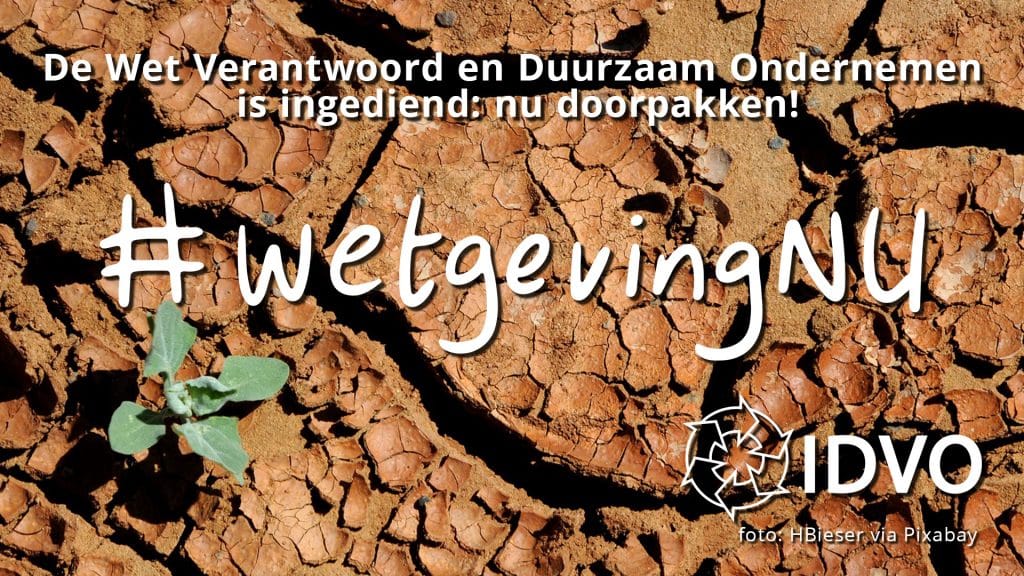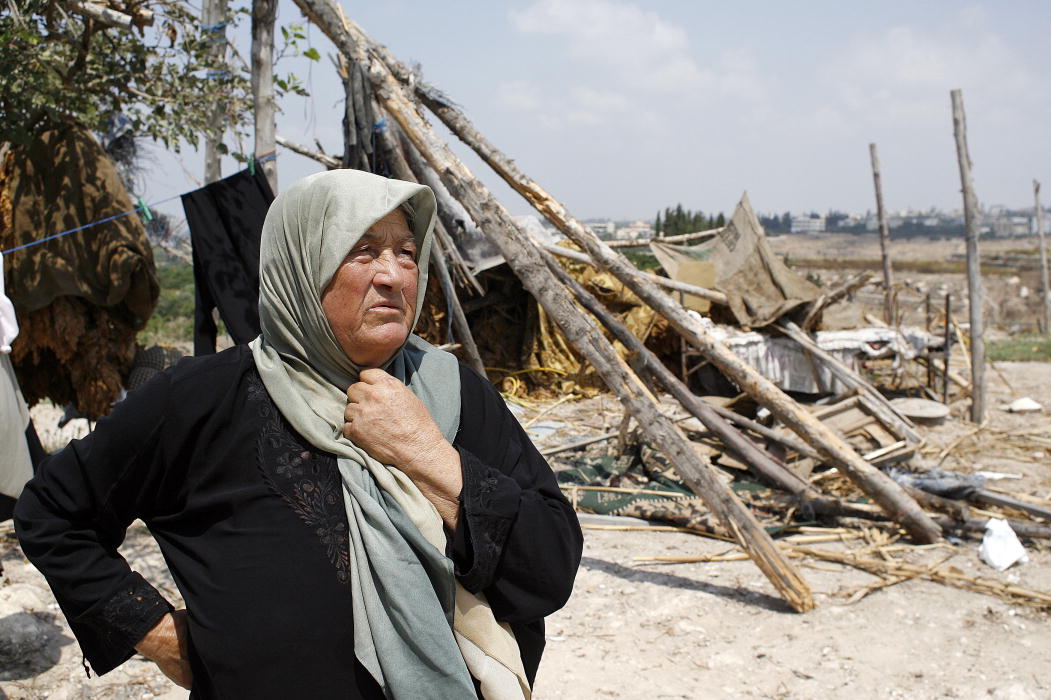Last week, Tuesday 1 November, just before the start of the budget debate on the Foreign Trade and Development Cooperation budget, the House took a big step towards corporate responsibility. ChristenUnie - together with PvdA, GroenLinks, D66, SP and Volt - submitted the initiative bill "Responsible and Sustainable International Business Act" that day. What does this bill entail, and why is it such an important step?
The need for international corporate social responsibility
For a number of years, the Netherlands has opted for a combined aid and trade agenda. Especially with such a combination, it is important that actions by companies actually contribute to sustainable development elsewhere. International corporate social responsibility (IMVO) by companies, in which they take account of human rights, working conditions and the environment, is therefore crucial. From FMS, together with Building Change, we have long been advocating for good a fair field in this area.
Although the Dutch government has been promoting IMVO for years, proper legislation is lacking; when companies take steps in IMVO, it is usually on a voluntary basis. Consequently, there are numerous examples illustrating that the actions of Dutch and Western companies actually encourage human rights violations. For instance, everyone knows the stories about human rights violations by Shell in the Niger Delta. During the onset of the corona pandemic, garment workers in countries like Bangladesh suddenly found themselves without severance pay on the streets as Western clothing brands reduced or withdrew orders. And also deforestation by actions of Western companies in the global South leads to human rights violations.
What does the initiative bill seek to address?
If the six-party initiative bill is adopted, companies will have to map their production chains and possible abuses in them. Should abuses be found, companies will have to address and, in some cases, remedy them. An independent regulator will monitor compliance with the law.
The initiative bill can make a big difference for people and communities in corporate value chains because the initiative bill is in line with the OECD guidelines, the international framework for corporate social responsibility. If these guidelines are acted upon, the situation for victims of abuses will be greatly improved: companies that cause or contribute to negative impacts will be obliged to provide redress. The law also addresses all types of human rights violations and all forms of environmental and climate damage throughout the value chain. An important step therefore!
How next?
Stieneke van der Graaf, lead proposer of the initiative bill on behalf of ChristenUnie, Says about the law: "Now is the time to turn will into obligation and hold all companies to their responsibility to protect human rights worldwide." There is also a proposal from the EU, but this proposal is problematic: it only applies to a very small group of companies and the companies can contractually shift their responsibility to their suppliers. So it is highly commendable if the Netherlands itself comes up with more ambitious legislation than the EU: legislation that can actually make a difference. And with the support of already six parties in the Lower House, and positive words from SGP and Party for the Animals, among others, during the budget debate last week, this law hopefully has a good chance of succeeding.
The cabinet itself was also working on a law, but it was unclear whether the Dutch legislation would be in line with the OECD guidelines. However, Minister Schreinemacher has now agreed to enter into talks with the six proposers of the initiative bill to see if they can come to a joint agreement.
For Dutch trade to contribute to sustainable development, it is essential that companies behave responsibly and are held accountable for all steps in their production chains, including outside Dutch territory. IMVO legislation is therefore a crucial contribution to fair Dutch policy towards developing countries. We therefore sincerely hope that the minister will adopt the Responsible and Sustainable International Business Act.





